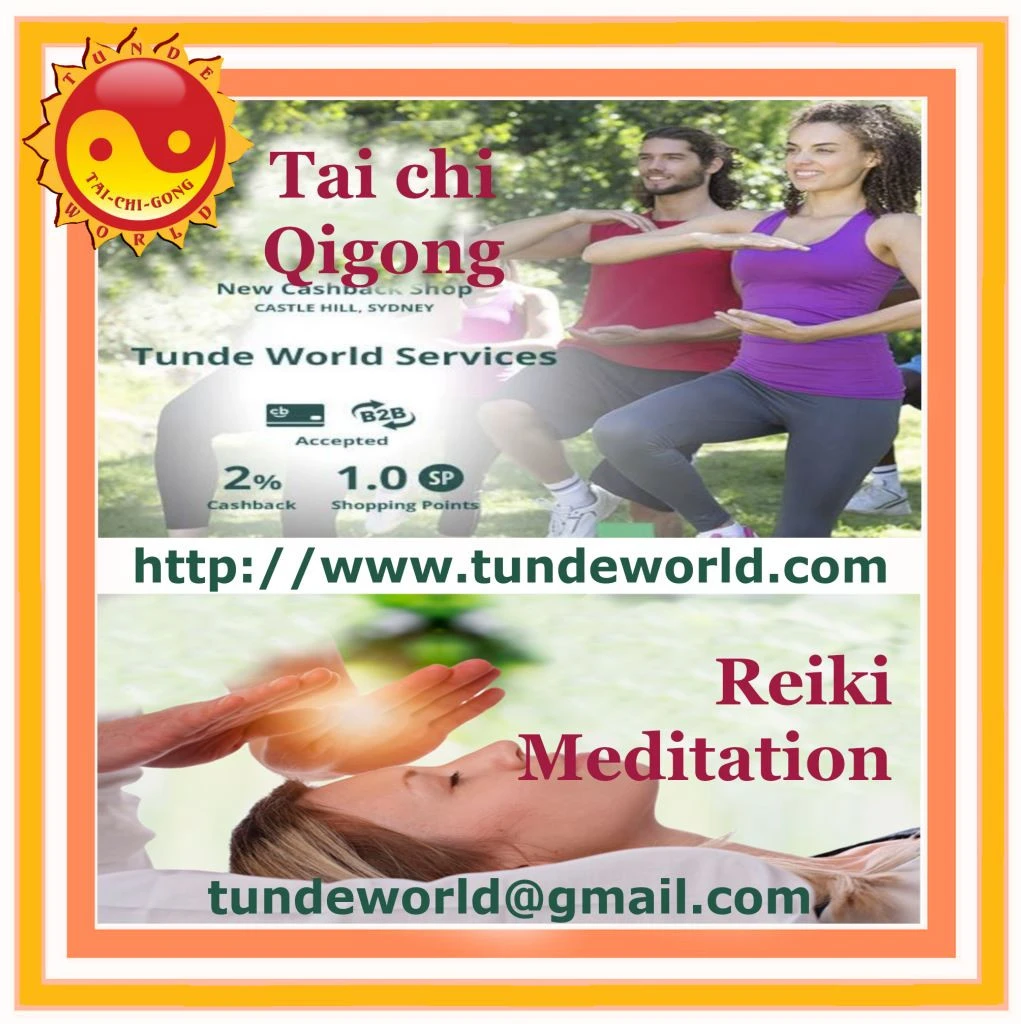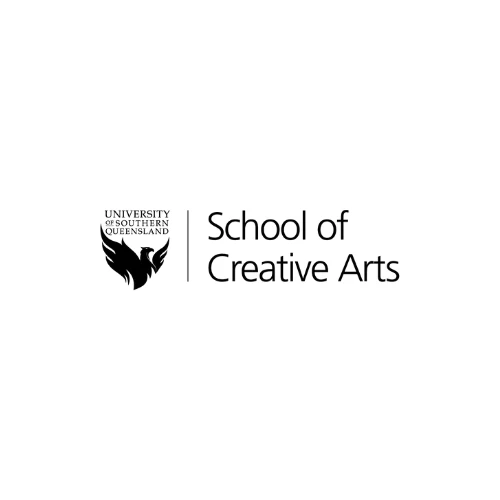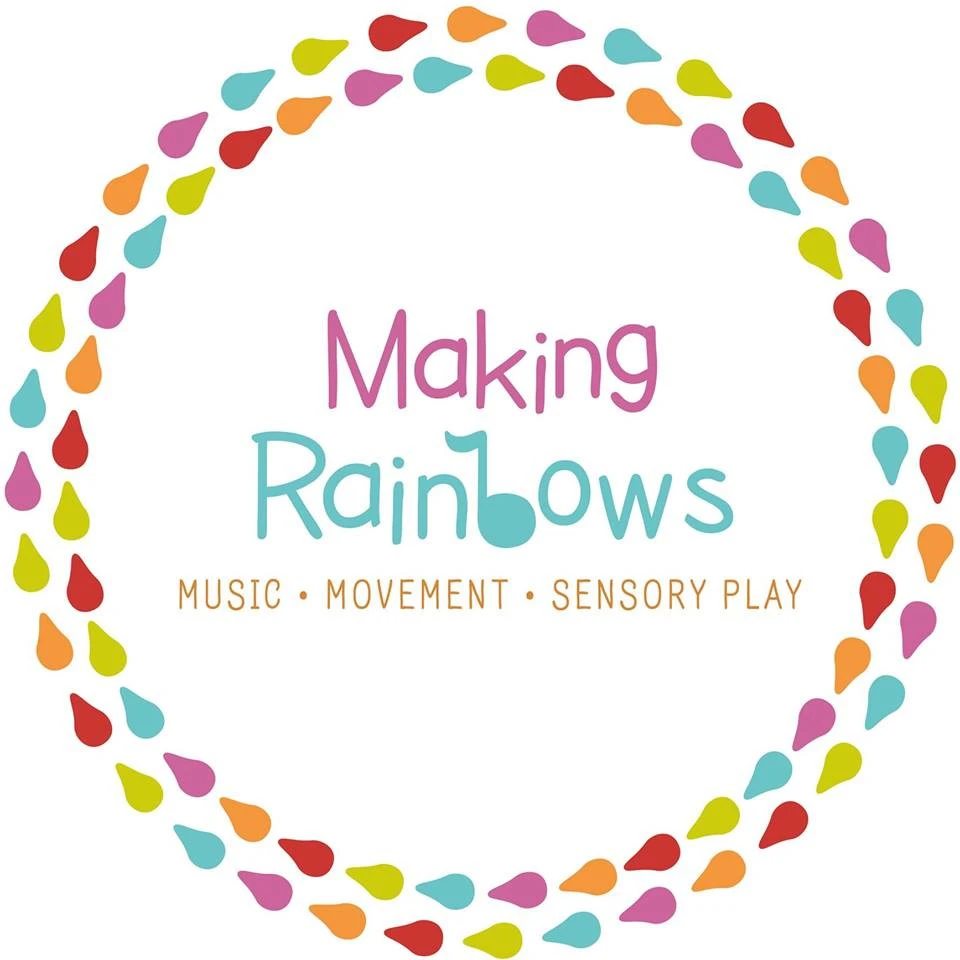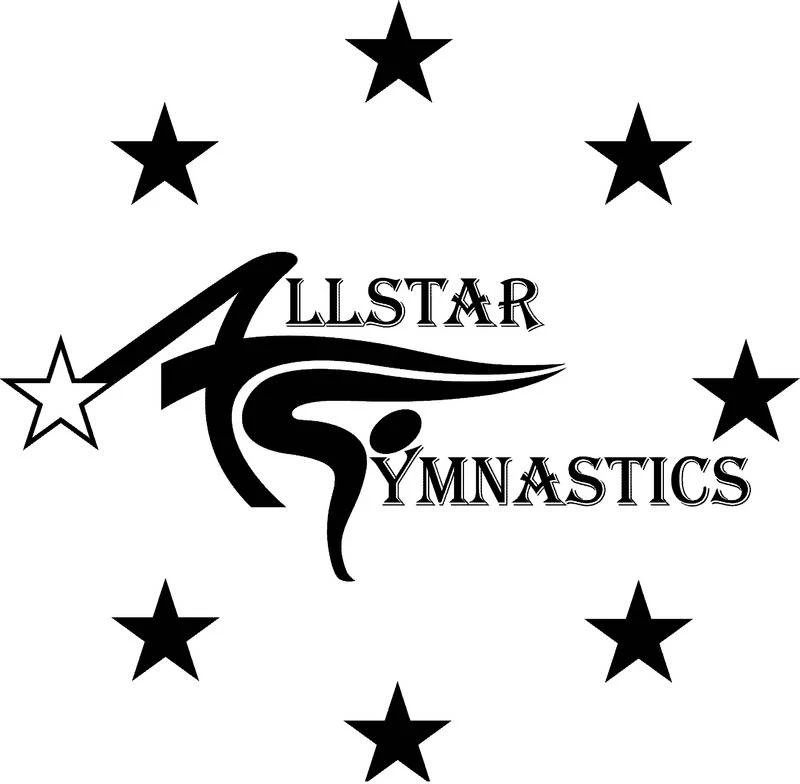- 12/493 South Street, Harristown, QLD 4350
- 2-5 km from Cranley
- Business can travel to you
- Awards: #10 Most Popular in the Toowoomba Region for 2023
Gymnastics Schools for Kids - Cranley (4350)
the Toowoomba Region, Queensland (QLD)
No exact matches found within 20km.
Other businesses in and around Cranley (within 20km)
Sharpe Kids Karate has a training program that is specifically designed for children. The founder, Sempai Moneita Sharpe has trained in Kyokushin Karate for since 1985 and has attained the rank of shodan (1st dan black belt). Moneita also trained in Japan for 1 year in 1987. Sempai Moneita is also a Mother and values creating a safe environment for your child to learn. Sempai Moneita holds a blue card and a valid St John’s Ambulance First Aid Certificate. During our lessons your child will... Read more
Free Trial Dance Class
If you would like to do a free dance trial now is the perfect time! We have just the right classes for you! Have a look at the website to book your free trial. Contact us today to find out more!
Oztag is a limited contact sport similar to Rugby League but played with tags attached to Velcro on the players shorts. Kids from the age of 5 - 15 years can play in the Junior Competition, with 16 - 60 year olds playing in Senior competitions all over Queensland. Read more
We provide real training aimed at getting real results. No frills, no gimmicks. Fighting Fit is a family and we welcome you as one of our own no matter what your current fitness level or goals. Read more
The Sketa Oz brand encompasses: Australian children's author~illustrator - 'Sketa'; ELK Publishing; Sketa Oz Designs and of course - Sketa Oz Philanthropy. Sketa Oz Philanthropy has been supporting dancers from across the globe since 2003. Each year, talented dancers compete for the prestigious Sketa Oz Perpetual Trophies, Bursaries and medals on offer at eisteddfods, festivals and dance competitions conducted locally and internationally. This year, we celebrate our young artists; find... Read more
- Toowoomba, QLD
- 2 km from Cranley
- Business can travel to you
Toowoomba Eco Tours provide tours within the Greater Toowoomba Region, that help you connect with nature, appreciate the local wildlife, highlight local historical points of interest and cultural aspects along with showcasing some of the most picturesque scenery in South-East Queensland. We work in with other local tourism providers to ensure we offer a wide range of tour options to see and do in the Toowoomba Region. We offer family friendly tours, tours suitable for children, self-guided tours,... Read more
Toowoomba art studio running kids art classes from kinder to teens. School holiday activities, kids birthday parties, term groups, event pop ups and family day workshops. The best way to find your inspiration and encourage their imagination. Our studio is run by professional artists with a love to sharing their skills and helping others to develop their individual creative confidence. Head to our website to see upcoming program. Read more
Bounce Me Happy hire out Jumping Castles, Waterslides, Slushie / Cocktail Machines, Bubble Machines, Affordable Party Packages and more to the Toowoomba and Darling Downs Region. Visit our Awesome website or follow us on FB at :) Book Now and Party Later! Read more
50% off Joining Fee + FREE Uniform!
Take advantage of our special Kick-Start offer to receive 50% off the joining fee and a FREE uniform. Kids, Teens and Family classes available with discounts for families training together!
Jamie Oliver's Learn Your Fruit and Veg (LYFV) Online Program aims to inspire children age 3-12 to engage in food education in the comfort of their own homes. It is designed to teach children about food; what it is, where it comes from, and how it affects their bodies while equipping them with valuable skills for life! Over four consecutive days, the program provides a series of live sessions and program materials designed to bring the beauty of fresh, local, seasonal food to life, inspiring... Read more
Fitness and Dance is the fun way to learn Funky Jazz, Hip Hop and Cheerleading! Classes PAY AS YOU GO! Starting from ages 3 years and up. FAD Studios at Harristown, Highfields, Hume Street and Wilsonton. Call us today! Read more
50% off Joining Fee + FREE Uniform!
Take advantage of our special Kick-Start offer to receive 50% off the joining fee and a FREE uniform. Kids, Teens and Family classes available with discounts for families training together!
- 31 Spencer Street, Harristown, QLD 4350
- 2-5 km from Cranley
We offer a fun kids program developed specifically for children aged 5-12 years, built on a strong traditional Kung Fu foundation. This program helps children develop fitness, flexibility, balance, coordination, confidence, self-control and discipline. Run by the Chinese Martial Arts and Health Centre Australia - voted one of the top three martial arts schools in Toowoomba over the past four years. Read more
After a much anticipated wait we are now happy to announce that the mini golf is now opened for business! With 18 fun filled themed holes with many obstacles and twists and turns you will want to keep coming back time and time again! Children: $9 (under 18) Adults: $14 FAMILY PASS: $35 (2 Adults & 2 kids or 1 Adult & 3 kids) EXTRA ROUND: $6 per person. Read more
Welcome to a place where your life will be happy, healthy and free! Tunde-World is an Alternative & Holistic Health Service its mission is to inspire, educate and facilitate healing on all levels - emotional, mental, spiritual and physical. Well-being and relaxation for your body, mind and soul during practice Tai chi, Qigong and Meditation and receive healing with Reiki, Forensic Healing and Akashic Record. To help people, Tunde combined them. Tunde-World offers these services for people to... Read more
The School of Creative Arts hosts a series of workshops throughout the year and during school holidays. For more information please follow the link. Read more
Making Rainbows provides music, movement and sensory play classes for children aged 0-5 years. Read more
- Toowoomba City, QLD
- 2 km from Cranley
- Business can travel to you
For over 35 years FAD Cheer & Dance studios have steadily earned a reputation as being one of the most respected dance schools in the country. FAD teaching staff are highly dedicated and caring professionals committed to helping students realise their full potential. FAD is your studio for Jazz, Hip Hop & Cheerleading classes. Read more
- 10 Ruthven Street, Toowoomba, QLD 4350
- 2-5 km from Cranley
Performing Arts Toowoomba Music and Performing Arts Programs for early youth. Music education, theatre and performance - early childhood framework, developmental resources, Subsidised early childcare in centre programs, private classes and holiday programs. Read more
Rock climbing in our safe, controlled, fun environment brings new skills, builds self esteem, fitness and confidence and is a great team building exercise. Great fun for everyone in any weather, Adrenalin is the place to be. We welcome casual climbers, groups, birthday parties and corporate activities. Adrenalin offers a variety of climbs and difficulties, catering to all skill levels. Our highest walls are 9 metres and we have in excess of 700m2 climbing surfaces So, it you are looking for... Read more
Harmony Events offer solutions to all your event needs. We plan, we host and we entertain. We specialise in offering children's themed entertainment for parties, community and corporate events. Plus our hosts offer a wedding creche, singing telegrams and character appearances. For a full list of services, prices and all other information please visit our website or call us today. Read more
Sunset Superbowl is one of the Toowoomba area's most popular locations featuring a Clean, Bright, Safe and Friendly atmosphere where the whole family can enjoy the FUN of Tenpin Bowling. Tenpin Bowling is a great activity that is becoming even more popular with families, thanks to fully automatic bumpers for the kids and the computer scoring system that makes the game more user-friendly. There is no age limit, if you can pick up a ball you’re in with a chance to score! (we have really light balls... Read more
Sensational Sewing is a Toowoomba based sewing company dedicated to all your sewing needs. Our passion for sewing extends beyond creating beautifully crafted, high quality sewing tools. We teach a diverse array of skills that can be personally tailored to what you'd like to learn. Start off practicing the basics through our beginners sewing guide or design personal projects. Imagine what you can create! With over 30 years of industry experience, our CEO Sally is passionate about passing... Read more
Children naturally like to climb, hang, swing, jump, run, roll and balance. Nurture your child's natural energy and help them to develop to their highest potential by enrolling them in gymnastics. Our fantastic early years program caters for children from 6 weeks of age. Call us for a free trial today! Allstar Gymnastics Academy is the premier specialist gymnastics facility in the Toowoomba region. Our mission is to provide quality gymnastics coaching to the children of Toowoomba and surrounding... Read more
